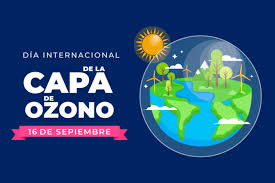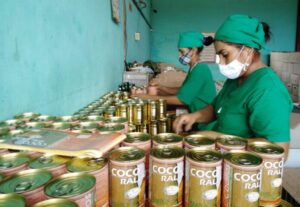Cuba fosters the compliance with its commitments to the protection of the planet and greets this 16th September, International Day for the Preservation of the Ozone Layer, with a programme of activities.
This was ratified to the press by Doctor of Sciences Nelson Espinosa, director of the Ozone Technical Unit (Otoz), an entity that celebrates 30 years in charge of the implementation of national plans for the progressive elimination of substances that deplete this protective layer against the harmful effect of ultraviolet rays.
Espinosa signified that in all provinces educational, scientific and recreational actions are being promoted on the occasion of the anniversary, in a context that also commemorates the 40 years of the Vienna Convention, of which Cuba is a signatory.
Two years later, in 1987, the Montreal Protocol regarding substances that deplete and harm the ozone layer was signed.
In 2019 the Kigali (Rwanda) Amendment to the Montreal Protocol came into force, which aims to gradually reduce the production and consumption of hydrofluorocarbons (HFCs), powerful gases that contribute to climate warming.
Espinosa informed that to this day in the country more than a hundred of these types of substances have been eliminated, in stages definitively concluded in favour of the environment and the conservation of the planet.
The Otoz also works on the progressive eradication of the use of hydrochlorofluorocarbons (HCFCs) and hydrofluorocarbons (HFCs), organic compounds used in air conditioners and other devices, in addition to the elimination of methyl bromide and carbon tetrachloride.
Furthermore, according to its directors, progress has been made here in the reduction of 67.5 per cent of these substances by 2025, while the importation of HCFCs, especially R-22, is being eliminated.




